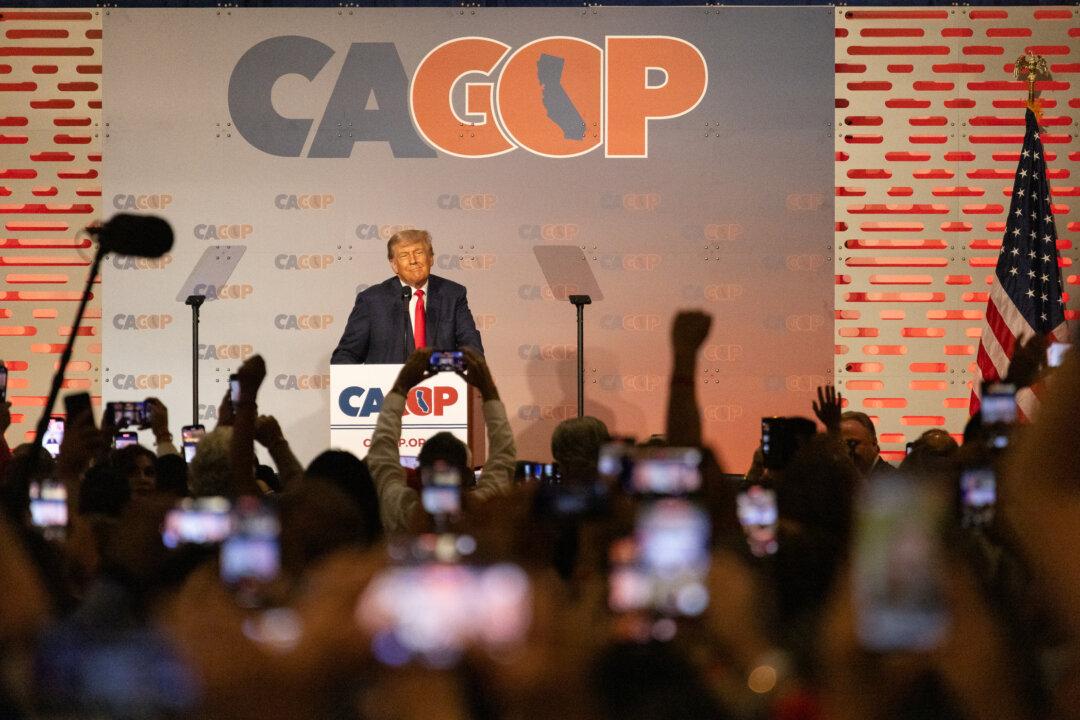Commentary
Will you be able to vote for former President Donald Trump next year in the state primary on March 5? Or, should he garner the Republican Party’s nomination, in the general election on Nov. 5?

Will you be able to vote for former President Donald Trump next year in the state primary on March 5? Or, should he garner the Republican Party’s nomination, in the general election on Nov. 5?